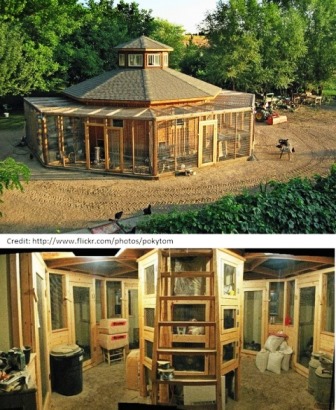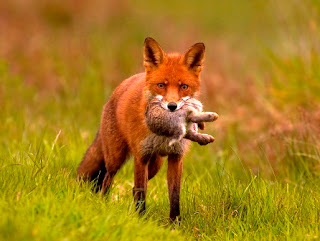Basic steps to prevent diseases in rabbits
Prevention of diseases in rabbits
Some basic steps to prevent disease problems in your herd are:
- Try to avoid buying at the marketplace where many unknown germs come together. Try to buy from respected breeders, or farmers with clean housing and healthy looking animals. Inspect the animals anyway and after bringing them home keep them separated from your other animals (quarantine) for at least 2 weeks.
- Make routine checks on the health of your animals on the following points:
- Check nose, eyelids, ear edges for mange (little crusts), inside the ear for ear mite.
- Check the manure. It should be dry not somewhat pasty.
- Feel the stomach, to check that it is not spongy. This requires some practice.
- Check nose and front legs, certain coughs produce a kind of snot which then makes the front legs dirty.
- Check for the smell in the hutch, diarrhea/enteritis often causes a dirty smell. When the doe is lactating she is under stress and more liable to suffer an attack from intestinal germs (always present) such as coccidiosis. Sometimes the nest box needs cleaning.
- Make a hutch design and use materials which permit easy cleaning. In this respect bedding (straw, etc.) has more disadvantages in the warm tropics than advantages. So do not use bedding although in Europe or USA that is the way it is (or was) done.
- Clean the hutches every day, keep them dry. If you suspect disease, disinfect! Certainly you will have all kinds of local disinfectants like Izel, Detol, lye solutions (lime, sodium), Teepol, formaline or formol (watch out; very strong); if necessary you can use kerosene if nothing else is available. Do not forget soap or bleaching agents like soaps containing chlorine. Not all, but most of these disinfectants have a strong smell which hurts the respiratory tract of man and animal alike. Keep the animal away if you are cleaning with the stronger agents and do not put it in a cage which still smells. A good and harmless disinfectant, always cheap but not always available is sunshine.
- Keep animals away from their manure; slatted floors and no (deep) litter are to be preferred.
- Separate animals you suspect are ill so they do not infect healthy animals.
- If you want to be really careful, do not let visitors get close, have a bath with disinfectant at the doorstep and add your own variations on this road to 100% infection prevention.
- Clean fresh air in the stable is essential, a strong manure smell is no good, even though there are large differences between individual noses, your own nose is your best measuring guide. If you cannot stand it, the rabbits probably cannot either.
Related: Why rabbits suddenly die


